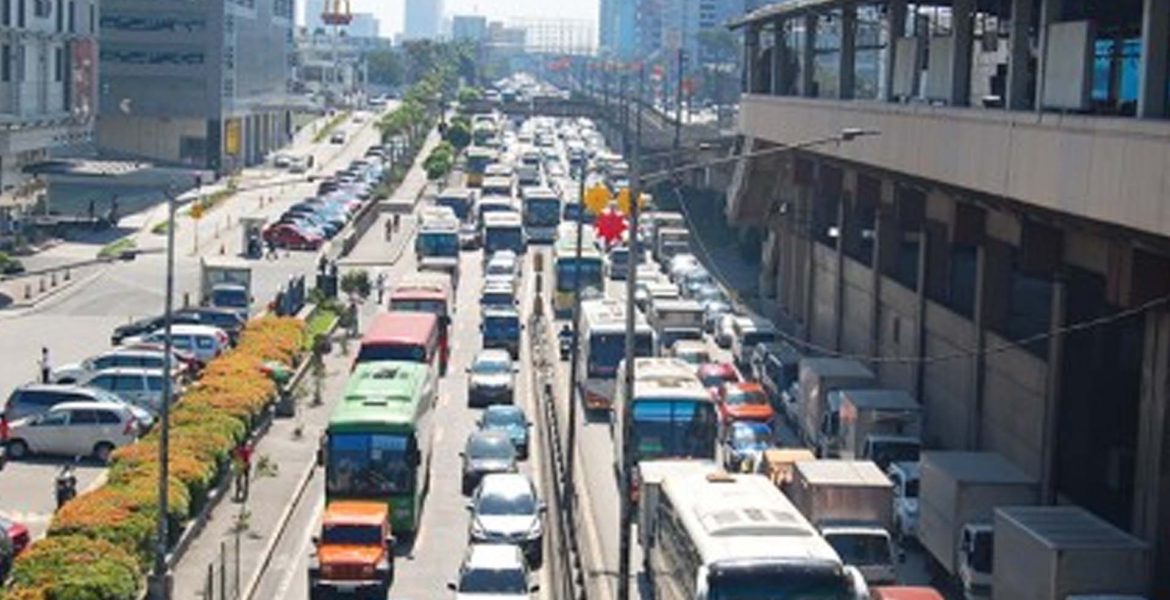To control the spread of the coronavirus disease 2019 (Covid-19) in areas where public transportation has been allowed, the Land Transportation Franchising and Regulatory Board (LTFRB) on Monday called for the use of cashless payment in public transportation.
In a #LagingHanda network briefing, LTFRB Chair Martin Delgra III said the LTFRB, cashless payment providers and transport network companies (TNC) met on Sunday to discuss the use of digital payment platforms to avoid transmission of the coronavirus disease 2019 (Covid-19) in public transportation.
“Nandun po yung mga GCash, PayMaya, nandun din po yung mga cashless payment providers na gumagamit ng card kagaya ng Beep. So pinagpulong po natin yan kahapon (GCash, PayMaya, cashless providers using cards such as Beep were there as well. We met with them yesterday) so that we’d be able to push (for) cashless transaction,” Delgra said.
Aside from mandating cashless payments in taxis and transport network vehicle services (TNVS), he said the LTFRB is also promoting the scheme in public utility buses and other public utility vehicles (PUV) as part of the government’s PUV modernization program.
“Even before this pandemic came into our lives, sinusulong na po natin ito (we were already pushing for this) as part of the modernization program of our public transport,” Delgra said.
The pandemic, however, added to the urgency of using digital payment platforms.
“Ngayon lang nagiging urgent yung pangangailangan to go cashless. Kaya mabilis at pina-igting pa natin yung polisiya, for all public transport to go cashless po (It’s only now that the need to go cashless became urgent. That’s why we’re working faster and establishing policies for all public transportation to go cashless),” Delgra said.
Aside from promoting cashless payment between passengers and PUVs, the LTFRB in a Facebook post on Sunday released Memorandum Circular (MC) 2020-020 which directed PUV operators to install radio frequency identification (RFID) in their units for contactless transactions in tollways and expressways.
“LTFRB also reminds drivers and operators of PUVs in areas under GCQ that the directive is simultaneously in effect with social distancing guidelines prescribed under MC 2020-017,” the LTFRB said.
It added that PUVs not yet allowed to travel in areas under Enhanced Community Quarantine (ECQ), GCQ, and other forms of quarantine are required to comply with the directive once they resume their operations.
In a media bulletin, the Toll Regulatory Board (TRB) offered free installation of RFIDs for PUVs plying expressways.
“With RFID, transactions are contactless, fast, and convenient. We urge our motorists to use this innovative payment transaction at toll plazas as this will prevent long vehicle queues and will definitely make your travel hassle-free,” TRB Executive Director Abraham Sales said. (PNA)









